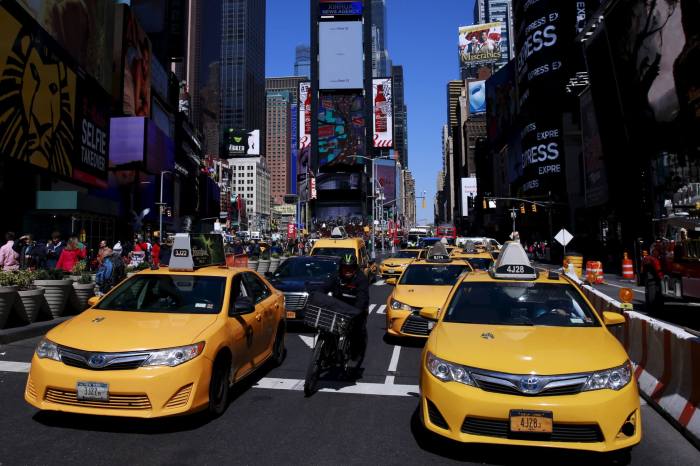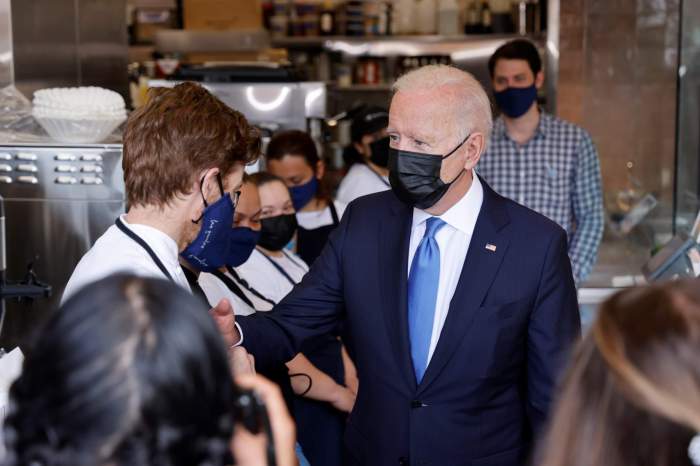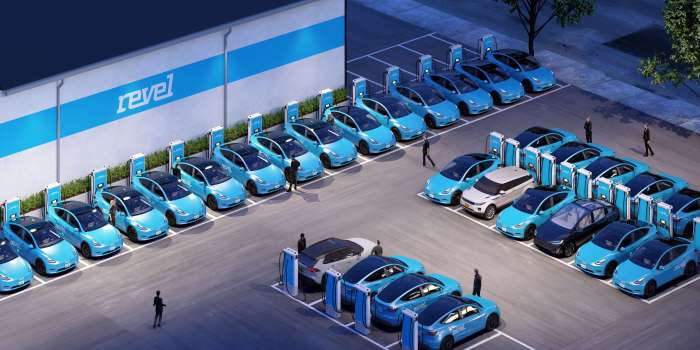Delivery workers in New York deserve a fair earnings standard that works. Unfortunately, a recent op-ed by Commissioner Vilda Vera Mayuga, who heads the Department of Consumer and Worker Protection (DCWP), that promulgated the minimum earnings rule, is so filled with inaccuracies that it risks misleading workers and creating unrealistic expectations. As such, we have no choice but to respond.
As just one concerning example, the Commissioner writes that “apps should not have to lock out existing workers from performing deliveries.” But the DCWP’s own report, upon which its rule is based, says that “apps can tighten limits on access to their platforms,” and this is just one of the “new incentives the minimum pay rate creates.” Some of the other incentives the DCWP touted were the elimination of tipping and providing preferential access to the platforms based on acceptance rates. In other words, the DCWP designed its rule to eliminate aspects of the work that couriers value the most, like scheduling flexibility and the ability to work part time hours and earn supplemental income.
This is why hundreds of delivery workers came forward to speak out against the rule after it was announced and before it was finalized. Workers like Ryan Grant, who works for New York State caring for adults with disabilities and relies on the flexibility offered by delivery apps to supplement his income, said that the “flexibility to either work for [one] order or as long as I wanted has given me a lot of peace of mind and the ability to pay my rent on time, put gas in my car, or eat a meal that day when otherwise I couldn’t even afford to work my first job.” Rather than listen to those delivery workers — or even the numerous restaurant owners who said this rule would put them out of business and limit deliveries to traditionally underserved areas — the DCWP went ahead with its rule.
It is worth noting that in testimony before the City Council on June 8, 2021, the DCWP testified that it “did not have the information on the inner workings of the industry or the staff required to develop minimum pay rates” and that it “lacks the expertise to effectively regulate this industry,” which it recognized “operates through a highly sophisticated and constantly changing technology.” Indeed, the DCWP’s acknowledged ineptitude is on display in its current rule, which is on pause following a decision by Justice Nicholas Moyne earlier this month.
During this pause, the DCWP should look to the Taxi and Limousine Commission (TLC) as a model.
The TLC’s original minimum earnings rule sought to maximize workers’ time on trips – just like the DCWP rule – by rewarding companies for increasing efficiency by reducing empty cars. The more efficient and highly utilized companies were, the less they had to charge customers and thus had an advantage. The companies responded by limiting access — “lock outs” — and rewarding more efficient workers. Drivers responded by blocking traffic on the Brooklyn Bridge in protest. The TLC paused measuring utilization in January 2020, just four months after the industry fully implemented lock outs.
Fast forward to 2023 and the dozens of conversations that have taken place between the TLC, the drivers, and the companies it regulates. Listening to the needs of drivers and the realities of the industry, the TLC instituted an updated rule that guarantees fair minimum earnings and removes the adverse effects that come with the constant measuring and juicing of utilization. Unlike the TLC, the DCWP chose to move forward without responding to delivery workers and restaurants’ existential concerns and without incorporating almost any of the data-backed suggestions raised by the companies.
It doesn’t have to be this way. The rule is on pause and we are ready, willing and able to work with the DCWP — as we did with the Taxi and Limousine Commission — to agree on a fair, workable minimum earnings standard that will avoid the disastrous consequences of the current rule.
Josh Gold is senior director of public policy and communications at Uber.
































